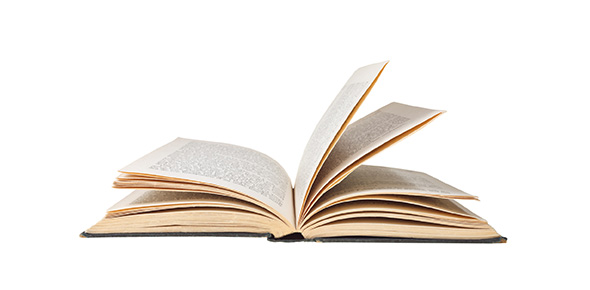Related Flashcards
Related Topics
Cards In This Set
| Front | Back |
|
Scientific Method
|
A continuous process used to collect observations, form and test hypotheses, make predictions, and identify patterns in the physical world.
|
|
Observation
|
The act of observing nature without manipulating it.
|
|
Experiment
|
The manipulation of some aspect of nature to observe the outcome.
|
|
Measurement
|
A method of determining quantity, capacity, or dimension.
|
|
Mathematics
|
A concise language that allows scientists to communicate their results in compact form and allows for very precise predictions about expected outcomes of experiemnts or observations.
|
|
Fact
|
A confirmed observation about the natural world.
|
|
Hypothesis
|
A tentative guess about how the world works, based on a summary of experimental or observational results and phrased so that it can be tested by experimentation.
|
|
Law
|
A refined type of scientific statement that arises when many observations or measurements point to a regular, predictable pattern of behavior in nature.
|
|
Theory
|
A well-substaniated explanatory description of the world based on a large number of independently verified observational and experimental tests.
|
|
Prediction
|
A guess about how a particular system will behave, followed by observations to see if the system did behave as expected within a specified range of situations.
|
|
Reproducible
|
A criterion for the results of an experiment. In scientific method, observations and experiments must be reported in such a way that anyone with proper equipment can verify the results.
|
|
Pseudoscience
|
A kind of inquiry falling in the realm of belief or disproved with a reproducible test. The subjects include creationism, extrasensory perception (ESP), unidentified flying objects, astrology, crystal power, and reincarnation.
|
|
Physics
|
The search for laws that describe the most fundamental aspects of nature.
|
|
Chemistry
|
The study of atoms in combination.
|
|
Astronomy
|
The study of stars, planets, and other objects in space.
|




